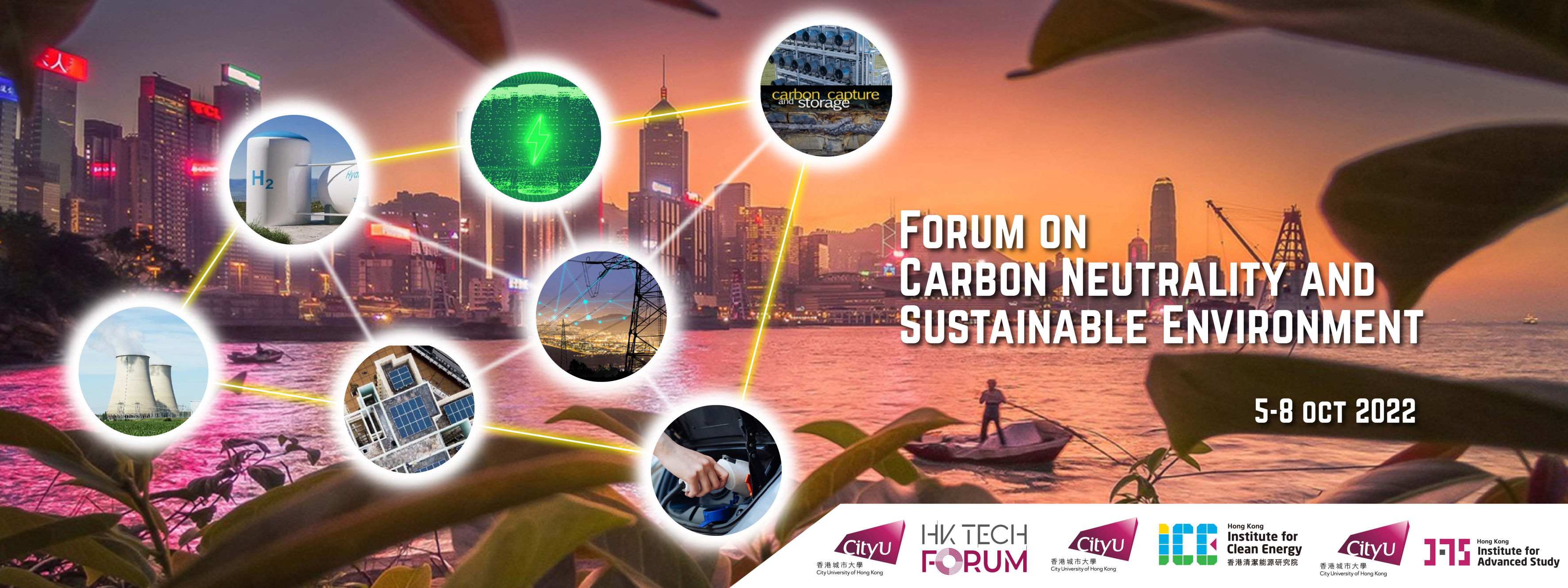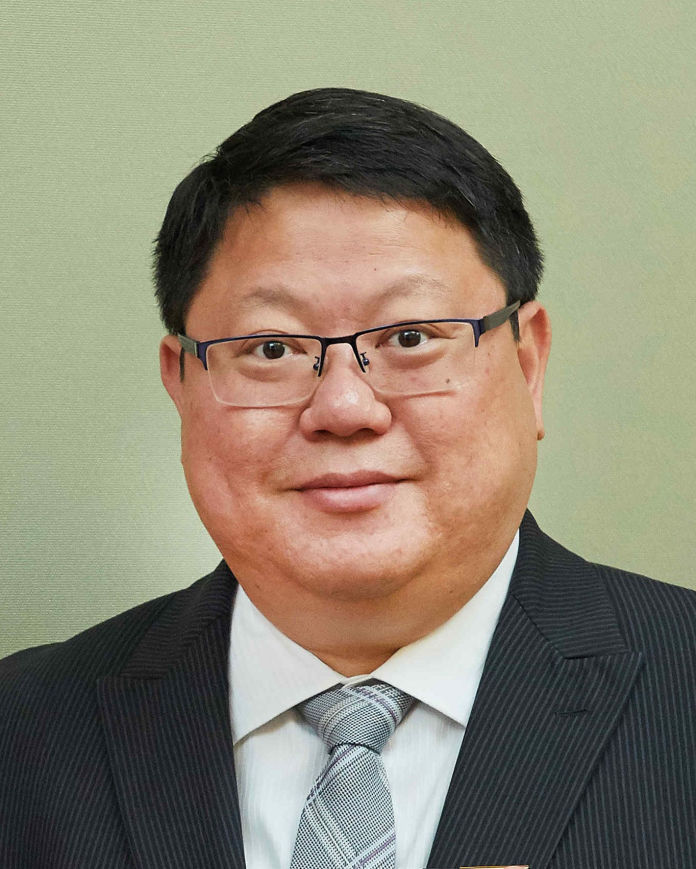Invited Speaker
Biography
Kenneth Mei-Yee Leung is Chair Professor of Environmental Toxicology and Chemistry, and Acting Head at Department of Chemistry in City University of Hong Kong, where he also serves as the Director of the State Key Laboratory of Marine Pollution. His research interests encompass marine pollution, ecotoxicology, marine ecology, biodiversity conservation and ecological restoration using eco-engineering. So far, he has published over 250 peer-reviewed articles in these areas. Owing to his professional achievements and dedicated community services, he was selected as one of the “Ten Outstanding Young Persons” for Hong Kong in 2010 and appointed as a Justice of the Peace by the Hong Kong SAR Government in 2018. In 2017, he was awarded the 19th Biwako Prize for Ecology by the Ecological Society of Japan in recognition of his contributions to aquatic ecology in Asia-Pacific, and conferred as a Fellow of the Society of Environmental Toxicology and Chemistry (SETAC). He was selected as one of the top 100 Asian Scientists by Asian Scientist Magazine in 2018, and recognized as one of the top 2% scientists in Marine Biology & Hydrobiology in the world by the Stanford-Elsevier Indicators in 2021. He was elected as a Fellow of the Royal Society of Chemistry and a Fellow of the Royal Society of Biology in May and July 2022, respectively. Currently, Professor Leung is leading the Global Estuaries Monitoring (GEM) Programme which has been endorsed by the United Nations as an Action Programme under the UN Decade of Ocean Science for Sustainable Development (2021-2030). Through concerted global efforts in monitoring pollution at major urbanised estuaries and developing practical strategies for pollution minimisation, the GEM Programme aims to create cleaner and safer estuaries for all.
Eco-engineered shoreline designs for facilitating carbon neutrality and promoting marine biodiversity
Kenneth M. Y. Leung
Abstract
Reclamation and marine infrastructure projects often adopted simple artificial vertical or slope seawalls as coastal defences against wave action, flooding and land erosion. However, these structures do not possess any microhabitats that can be readily occupied and used by marine organisms as refuges and feeding grounds. Through incorporating the knowledge of marine ecology and collaboration with ecologists and architects, engineers now are able to design eco-friendly artificial structures to serve dual roles as coastal defences and functional ecosystems for enhancing marine biodiversity and ecosystem services such as carbon squassation and biofiltration. In this lecture, I will introduce the basic ecological principles for eco-engineered shorelines and draw examples from different parts of the world. I will also highlight the results of several recent trials of eco-engineered shorelines in Hong Kong.

